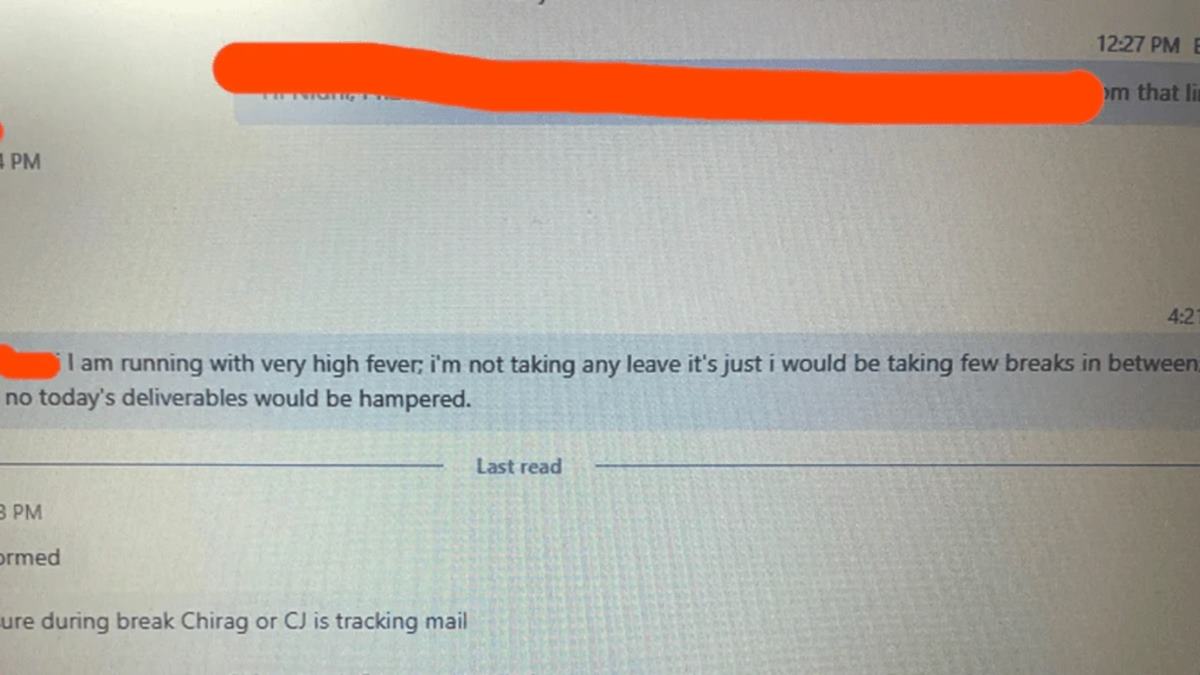HR professionals are the guardians of workplace wellbeing. But who’s looking out for theirs?
As we mark International HR Day and Mental Health Awareness Month this May, it’s time to examine a quiet crisis: the declining wellbeing of the very people responsible for shaping healthy, productive working lives.
The role of HR has evolved significantly in recent years. No longer seen as purely administrative, HR has become a central strategic partner in most organisations. As one senior professional recently put it, people plans and strategies are now viewed at board level with the same seriousness as financial forecasts. This shift has brought new opportunities for influence, but also a weight of expectation that’s taking its toll.
The data is stark. In 2023, 31% of UK HR professionals said work negatively affected their mental health. Even more worryingly, the number reporting a negative impact on their physical health rose to 32%, up from 29% the previous year. These are not just statistics. They reflect the reality of a profession under pressure, often isolated, and routinely exposed to emotionally draining work.
HR under increasing pressure
From managing redundancies and performance issues to resolving conflict and navigating sensitive legal processes, HR has always dealt with tough issues. But the nature of the work is changing. Since the Covid-19 pandemic, people professionals have found themselves taking on a more pastoral role. They are the ones picking up the emotional fallout of hybrid working, supporting colleagues through personal crises, and holding the line as their organisations confront change.
That change is relentless. Economic uncertainty, rapid technological disruption, and the rise of AI are all reshaping the workplace. HR is being asked not only to respond, but to lead transformation. One senior HR leader at a recent CIPD roundtable told us: “I feel a lot of pressure to lead on that. There is more expectation of HR to help transform the company – where I don’t think that would have been the case 10 years ago.”
This broadening of the role is both a vote of confidence and a growing risk. It’s not just about longer hours or blurred boundaries, though those are real concerns particularly in hybrid environments. It’s also about emotional overload, decision fatigue, and the cumulative impact of working in a state of constant flux.
Many HR professionals struggle to prioritise their own wellbeing. There is a deeply ingrained culture of putting others first. Supporting teams, leaders, and the business can leave little time or energy for self-care. While most HR teams are well versed in the theory of wellbeing, there can be a stigma attached to admitting personal struggle, especially when you’re the one holding it all together for everyone else.
This has to change. Organisations cannot afford for their people professionals to burn out. If HR is to be a driver of positive culture and performance, the profession itself needs to be healthy, supported, and resilient.
So, what can be done?
First, we need to normalise the conversation. Just as we encourage open dialogue about wellbeing across the workforce, we must create safe spaces for HR professionals to speak honestly about their own experiences. Leadership must model this from the top, not just encouraging wellbeing but demonstrating it.
Second, professional support must be accessible and actively promoted. At the CIPD, we want to support our members and their wellbeing. We do this through resources including our guide on how HR can look after their own mental health and our wellbeing helpline. This helpline is a valuable member benefit offering free, confidential support from qualified counsellors.
Third, workload and structure need attention. HR leaders should feel empowered to raise concerns about unsustainable demands. This might mean pushing back, redesigning roles, or ensuring that there’s sufficient resource and support to meet expectations. Investing in HR capability through development, peer support and clear boundaries is not a luxury; it’s a business-critical decision.
Finally, as a profession, we need to challenge the perception that being ‘always on’ or emotionally invincible is a badge of honour. Sustainable performance comes from balance, not burnout.
The pressure on HR is unlikely to ease any time soon, and that makes the case for action even stronger. If we truly value the profession’s contribution, if we recognise that people professionals are central to the success, ethics and health of our organisations then we must take their wellbeing seriously.
Let’s make International HR Day a moment to reflect, but also to commit. A healthy HR profession means healthier organisations, and that’s something worth working for.
Source – https://www.hrmagazine.co.uk/content/comment/how-can-we-solve-the-wellbeing-crisis-in-hr




















